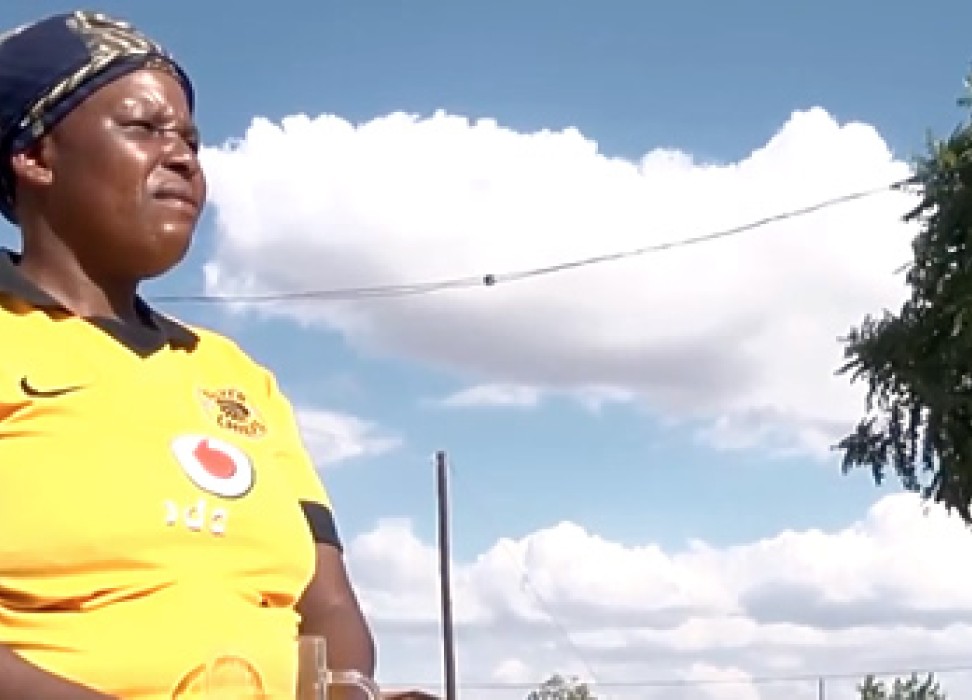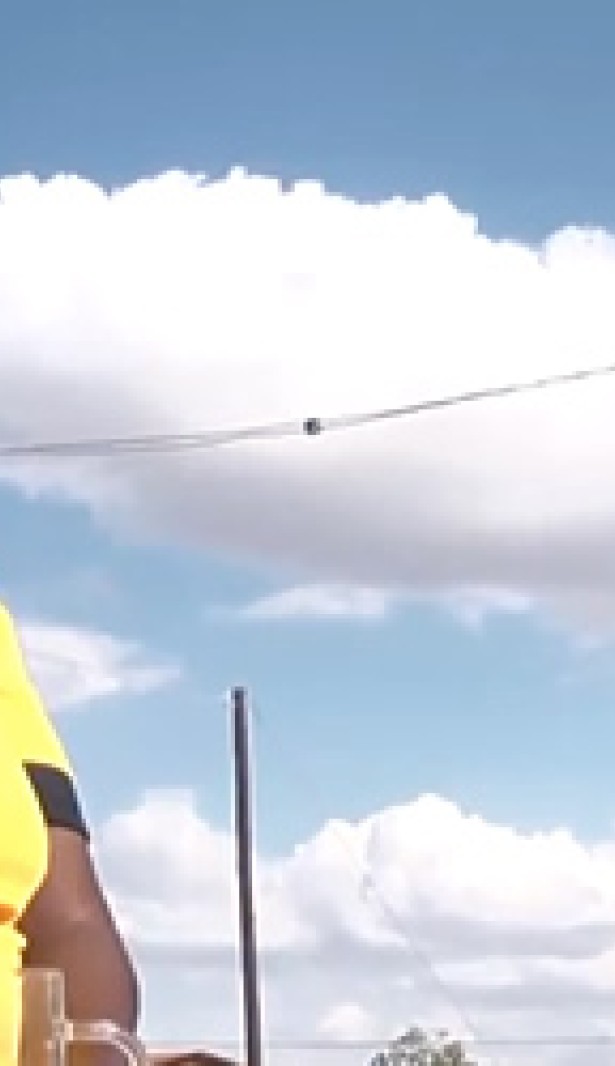South African radio stations stand up for human rights
24 July 2017

Lucy Kubyana had a problem.
The farm worker from the Mohodi Molemole, in the Limpopo district of South Africa, had been unable to work. One morning, while riding the back of a trailer provided by her then employer for transport, the trailer detached from the tractor and crashed. Kubyana was injured and had been unable to work since. She was also unsure what to do.
Enter “Know Your Rights”, a call-in programme on community radio station Mohodi FM. The programme helps workers and residents of farms understand their rights. At the urging of a colleague, presenter Muyahabo Gwangwa got in touch with Kubyana.
“[The colleague] pleaded with us to help Lucy, as much as we could, and not just do a nice story about her,” Gwangwa recalled.
The station did help her, assisting her first in filing a police report about the accident and then later filing for worker’s compensation.
Mohodi FM’s efforts to help Kubyana with her worker’s compensation problem, led the station winning the top prize in the Community Radio Awards competition, sponsored by the UN Human Rights Regional Office for Southern Africa and the South African Human Rights Commission (SAHRC).
The two groups invited community radio stations across the country’s nine provinces to submit programmes as part of a competition to show how they stand up for someone’s human rights. The only criterion for entry was that the radio station had to show how it intervened or took action on behalf of an individual or the community.
The nine finalists – one from each province – “had one factor in common, that they took the extra mile in trying to resolve the human rights concern raised,” said Commissioner Mathlhodi Angelina Makwetla of the South African Human Rights Commission. “They correctly linked issues back to the (South African) Bill of Rights and actually tried to resolve the issues for the community or person concerned.”
The contest focused on local community radio stations because of the power of stations to penetrate often cut off and isolated areas, said Gail Smith, Head of advocacy and communications for the South African Human Rights Commission.
“We in the big city are obsessed with Facebook and Twitter, but we in the Commission are aware of the fact that these social media platforms have very little utility to the rural, isolated communities in our country,” she said. “In these communities, radio is the most important means of communication.”
Katherine Liao, Deputy Representative for the UN Human Rights Regional Office for Southern Africa, said in standing up locally, it is a reminder that human rights are for everyone.
“We affirm each other so we can raise our voices for decent values,” she said. “We affirm each other so we can publicly lobby for better leaders, better laws and better respect and dignity.”
A film has been explaining the competition with more information about the winner.
Long version
Short Version
24 July 2017

